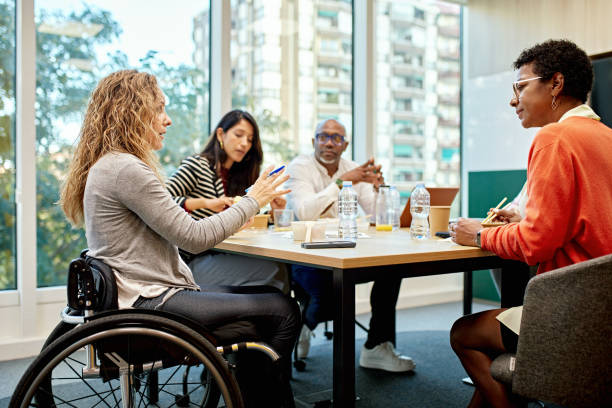A Much-Needed Nod of Thanks and Love to My Parents, By: Jason Hahr

What does it mean to experience intimacy? Are disabled people even capable of it? These are good questions, and hopefully this post will provide some answers. There are several types of intimacy one can engage in during a relationship. However, intimacy is generally defined as “a feeling of close connection and deep understanding between two people” (Dictionary.com). For the purposes of this post, we will discuss the following areas of intimacy. Emotional, Physical, Sexual, Intellectual, Spiritual, Social. Seeing that I’m no expert in psychology, having taken only enough psychology classes to earn a minor in College, I will rely heavily on other resources for this piece. The idea for this piece came about after reading an article in Rolling Inspiration magazine. It talked about how to maintain boundaries and intimacy after someone becomes disabled due to a spinal cord injury. The article, which I will link at the bottom of this piece, prompted me to think about my family’s ...

